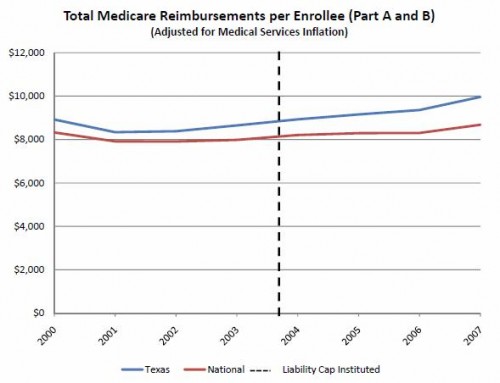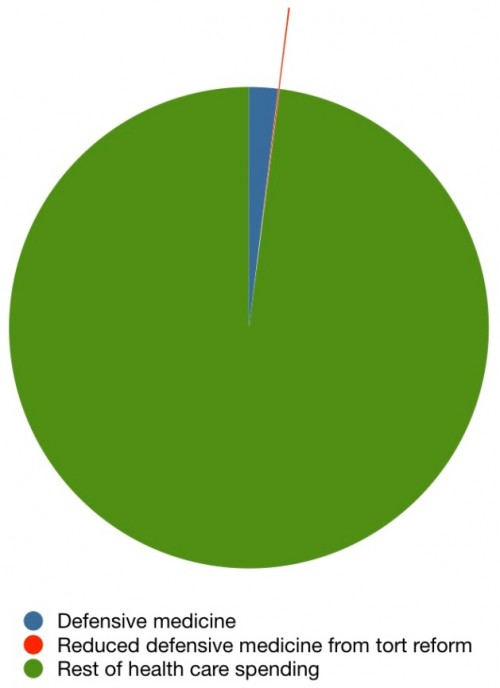Sure! I'll shall link you this blog post I came across.
The Republican Study Committee has a 'replace' plan
The laws opponents have claimed it costs too much, will result in rationing, and limit freedom. Today, a group of House conservatives presented their version of a replacement plan, endorsed by the Republican Study Committee. In short, it throws poor Americans under the bus.
The centerpiece of the plan is a universal, standard tax deduction of health insurance premiums, up to $7,500 for an individual and $20,000 for a family. This would level a playing field that is uneven today.
Today, only insurance purchased through work is tax deductible. People who dont get insurance through their jobs dont get a deduction.
There are two problems with the House plan though. The first is that it will obviously cost a lot of money. How much is not clear, but it wont be insignificant. How will that be paid for? The second is that a tax deduction is much more valuable to someone who makes a lot of money than someone who makes little. But people with large incomes arent the ones who need help affording coverage. Its those at the lower end of the socioeconomic spectrum who need the most assistance. Because of their low marginal tax rates, a tax deduction is of very little help.
Sick Americans would receive very little help under the plan too. One of the ways the ACA helps the sick is by eliminating the ability of insurers to refuse to cover them (guaranteed issue) or to charge them more for being ill (community rating). The House plan weakens the guaranteed issue protection by extending it only to those who have continuous coverage. If you dropped (or were forced out) of prior coverage, you may not be able to get back in the market.
For sick Americans, it replaces the ACAs protections with a high risk pool in which premiums are capped at 200% of what healthy people pay in the rest of the market. To help offset the cost, the proposal sets aside $25 billion over 10 years. Still, sick people will pay very high premiums. If they become poor due to loss of work from their illness, they still have to pay those high premiums, or go uninsured.
The plan includes a number of provisions that would encourage and expand the use of health savings accounts (HSAs). These are personal accounts that can be used to buy health care services or pay cost-sharing tax free. Again, the favorable tax treatment is of very little value to low income Americans. Moreover, low income Americans dont have a lot of money to put aside for their future health care use. HSAs might be a helpful step. But they alone wont help everyone.
More at link.



